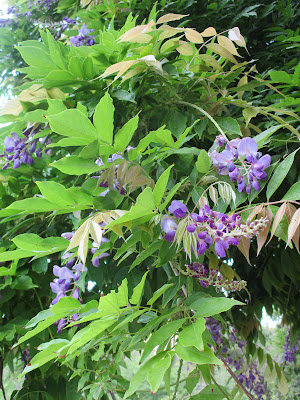
"More than conversation at the interface, it is creative assemblages like these that explore and elaborate the particular dynamic capacities that digital media afford and the ways that through them humans and machines can perform interesting new effects (...) in uniquely particular ways." Lucy Suchman (2009). Human-machine reconfigurations: plans and situated actions.
Jun 24, 2023
Jan 1, 2022
Oct 6, 2021
The choice is (still) ours to make
To form a collective will, a «We», "will require the critical production and sharing of knowledge, resistance to flattening aesthetic diversity, and the invention of sustainable models that don´t threaten the viability of the whole, whether economically or ecologically, socially or institutionally" and "asserting a new biocentric imperative for living, producing, and consuming. (...) The choice is (still) ours to make." T.J. Demos (2016). Decolonizing Nature. Contemporary Art and the Politics of Ecology. Image by Monica Pinheiro, license CC BY-NC-SA ( CC ).








